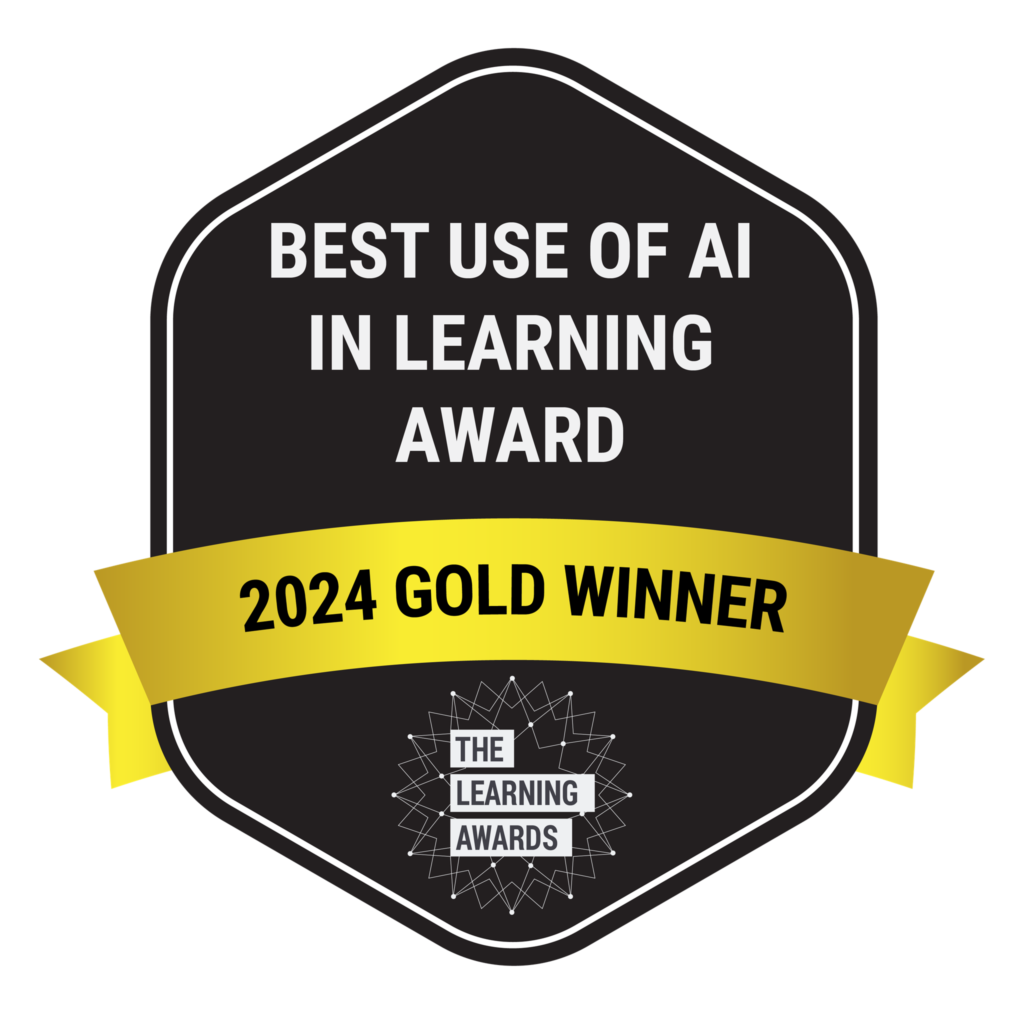As markets develop, the list of professional certifications featured on job specs is growing longer each year, and not only that, recent training obviously counts for more than training undertaken five years ago.
There are two sets of workers that are significantly impacted by these increasing expectations:
- Job seekers looking to make themselves more competitive in a tough recruitment market.
- Employees needing to update or expand their professional accreditation portfolio, often at the request of their employers.
The pressure is on for both groups to match market expectations.
In turn, the organisations delivering professional training and certification into these groups need to be providing the best experience possible to have a competitive advantage – and the best experience is not about bells and whistles, it’s about learning effectiveness and efficiency.
Unexpected setbacks
When completing training and certifications alongside an already pressured and demanding job, learners are delicately having to balance their role, deadlines, emails and other communication channels, and back-to-back meetings, with the requirement to upskill, reskill and certificate. As for those seeking employment, they have a particular sense of urgency when it comes to completing courses for applications and interviews.
What they cannot afford are ineffective and unnecessarily drawn-out training and assessment programmes.
Whether individuals are completing an ACCA (Association of Chartered Certified Accountants), a CIPD (Chartered Institute of Personnel and Development) or a CTIA (Certified Threat Intelligence Analyst) certification, professional training by leading organisations should deliver the highest level of efficacy and experience, regardless of the industry.
Employers in industries reliant upon up to date certifications like cybersecurity also cannot afford to have staff members spending unnecessary time in training. This issue can be compounded if the digital learning process is inefficient.
Whether we look at this from the perspective of the individual, employers, or professional training and certification providers, the story remains the same. Efficient and effective training is and will continue to be in high demand, and organisations offering innovative programmes, in keeping with technological advancements, will lead in their respective sectors.
The cost of ineffectiveness
Now let’s take a look at the cost. Accreditations can be time-consuming and expensive with course prices often starting in excess of $500 and taking over 40 hours to complete. For both businesses and individuals, that’s a major investment of time and money, so each second needs to be worth it – and current digital learning programmes fall short.
The fundamental issue is that most training courses are based on the traditional, outdated linear digital learning model – a ‘one size fits all’ approach. As a result, they fail to account for differing learning styles and knowledge starting points.
What we’ve found is that programmes are usually constructed against averages. However, when there’s no such thing as an average learner, this method repeatedly misses the mark, with every single learner.
When preparing for a course assessment, learners cannot afford to waste time revisiting old material. They need to spend the optimal time digesting the latest information that’s best going to benefit them in their current or future roles.
The key consideration here is that not all individuals learn in the same way. Say you’ve got two employees looking to obtain their CIPD, both at the same stage professionally but with two very different learning competencies. One is considered an ‘expert learner’, confident in their prior knowledge and looking to fast track their way through the early stages of the course. The other takes a little longer to digest content and requires more examples and supportive components throughout the programme.
Both individuals are perfectly capable of completing the course, they just learn and progress at a different pace.
What’s more, some certifications must be renewed every year. Individuals are therefore forced to cover the same topics over and over, triggering endless frustration and boredom – the enemies of effective learning. This in turn can also lead to a click through culture, where users rush through modules in an effort to complete the course as quickly as possible.
Ultimately, it becomes a huge waste of both time and money.
A different method
The fundamental approach to digital learning is flawed. Individuals completing professional certifications need effective courses that are tailored to their learning needs. Given their importance across industries, accreditations need to be accessible to all, and not be held back by outdated digital learning models.
OBRIZUM is the AI learning technology & data analytics company for enterprise businesses.
We leverage automation, adaptability and analytics to deliver adaptive learning experiences at scale.
Find out how OBRIZUM can help unlock the potential of your business by speaking to our team.




